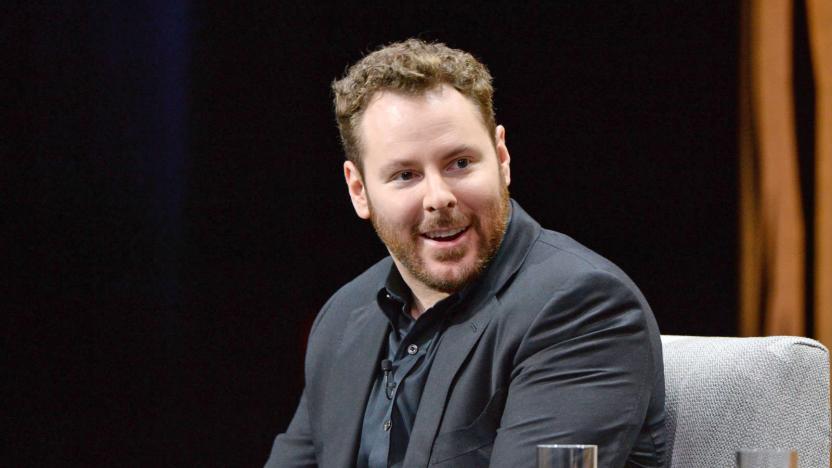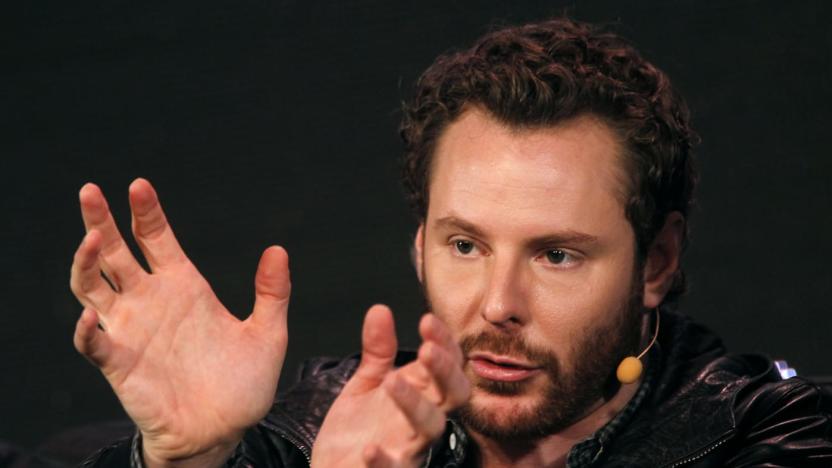parkerinstituteforcancerimmunotherapy
Latest

Sean Parker says Facebook ‘exploits’ human psychology
Napster cofounder Sean Parker appears to have some regrets about the role he played in bringing social media to the world. Before speaking at an Axios event yesterday, he told reporters that he was now "something of a conscientious objector" on social media, according to Axios, and he shared a few thoughts on how he and others designed sites like Facebook to suck people in.

Sean Parker team-up will use algorithms for cancer prevention
Napster co-founder Sean Parker's Institute for Cancer Immunotherapy isn't wasting much time putting technology to work in treating disease. It's partnering with the Cancer Research Institute on predictive algorithms that can spot cancer neoantigens (substances in tumors that will produce an immune response) in DNA to use them as preventative treatments. Scientists from six organizations (including the Broad Institute and Caltech) will receive both cancerous and healthy gene sequences in the hopes that they'll identify those sequences recognizable by immune system T-cells.

Napster co-founder's new institute aims to beat cancer
Sean Parker is known for many things: co-founding Napster, joining Facebook in its early days, starting charities and creating his share of technology startups. If all goes well, though, he'll also add "helped cure cancer" to that list. He just founded the Parker Institute for Cancer Immunotherapy, a $250 million effort to fight cancer by relying on the body's immune system. The organization will unite six universities (covering 40 labs and over 300 scientists), encouraging them to share research rather than compete. As Parker puts it, humanity is on the "bleeding edge" of what you can do with synthetic biology... it might just need a nudge to turn those findings into real-world treatments.

